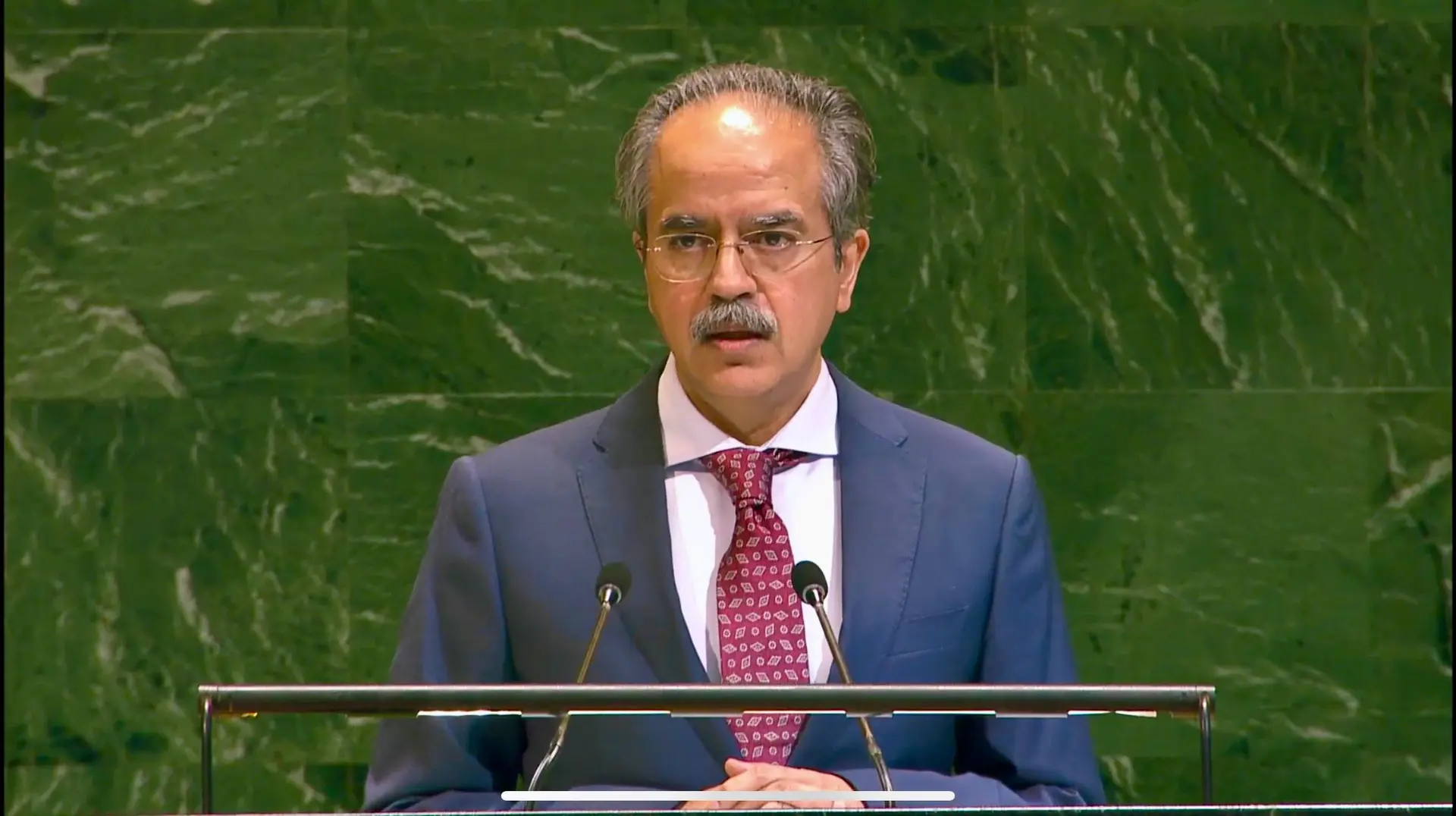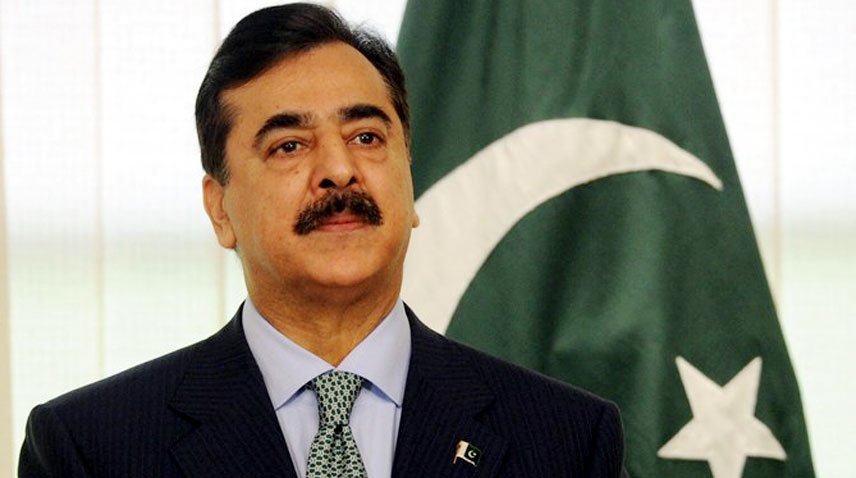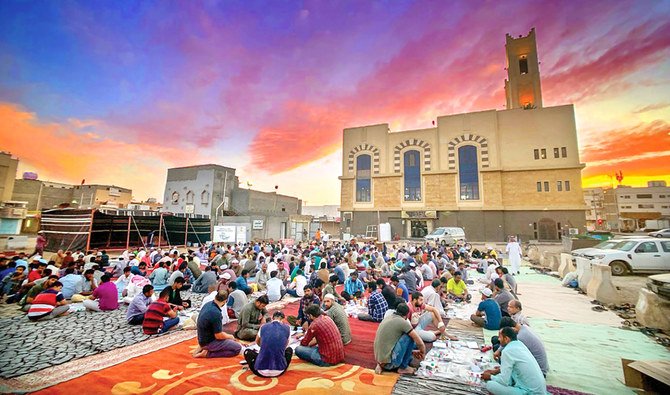A few weeks ago, over late-night chai, a friend told me something that stayed with me: “I’m not running away from Pakistan—I’m running toward a life where I can breathe without calculating the price of every breath.” His visa for Canada had just been approved. Behind his relief, I could hear the grief. Because migration from Pakistan, in 2025, is not a leap of adventure—it is often a sacrifice wrapped in paperwork.
Today, nearly 9 million Pakistanis live abroad. From Gulf labor camps to Toronto suburbs, they send back over $30 billion annually in remittances—lifelines that fuel our foreign reserves and feed millions of households. But what these numbers don’t capture is the emotional and social cost of leaving, of building dreams on foreign soil while roots grow brittle at home.
Take the story of a Lahore-based electrician who sold his family plot to fund a work visa to Romania. He now earns in euros, sends money home, but hasn’t seen his children in three years. Or the Karachi nurse who moved to the UK alone, working 12-hour shifts in a care home while her parents back home slip into old age without her. Their stories aren’t unusual. They’re becoming the norm.
Why is this happening? Because for many in Pakistan today, opportunity feels like a gated community—and the gate is locked. Unemployment hovers at over 8%, but youth unemployment is even higher. For women, the number is grimmer. Inflation has made middle-class life a tightrope act: school fees, rent, electricity, a medical emergency—any one of these can push a family into debt.
In this climate, a passport stamp becomes a lifeline.
Yet migration is not a simple solution. It’s a complex negotiation with identity, belonging, and separation. A Pakistani family that sends one member abroad is not just exporting labor; it is reconfiguring itself around absence. Children grow up with video calls. Spouses live parallel lives. Grandparents die before visas get approved.
And this burden is carried disproportionately by those with the least voice. In 2024, over 1 million Pakistanis left the country—mostly for jobs in Saudi Arabia, UAE, and Qatar. These are not the elite; they are welders, drivers, janitors, security guards. According to the Bureau of Emigration, over 65% of them were under 35. We are exporting our youth, not just our labor.
At the same time, the well-off have their own pathways: golden visas, startup routes, investment-linked citizenships. In 2023 alone, over 23,000 Pakistanis applied for second passports through such programs, according to Henley & Partners. This is not just a brain drain; it’s a drain of hope.
And yet, despite the heartbreak, migration still carries dignity. It allows families to rebuild futures. It pays for sisters’ weddings, brothers’ degrees, parents’ surgeries. For many, it’s the only way to break generational cycles of poverty. A 2022 World Bank report noted that remittances helped reduce poverty in recipient households by 11%. That is not a statistic—it is survival.
But we cannot continue exporting people without fixing what drives them to leave. Pakistan’s economic policies must center human dignity. That means job creation tied to skill development, not just industrial expansion. It means visas and documentation for freelancers and gig workers, not just handshakes with corporations. It means reforming institutions so that getting a passport or NOC doesn’t take months and bribes.
Malaysia offers a glimpse of what’s possible. Its government has actively linked diaspora engagement with development planning. It supports returnee entrepreneurs. It tracks skilled migration and works to reverse brain drain. Pakistan, too, has talent—what we lack is retention.
Let’s also acknowledge the emotional labor of staying. Not every Pakistani wants to leave. Many fight daily battles here teachers who stay for their students, doctors who run free clinics, journalists who keep telling hard truths. They deserve budgets that work, systems that deliver, and a future that doesn’t require an exit stamp.
Because no one should have to leave their homeland just to afford dignity.
As a journalist who has told stories of migration from airports and afterlife dreams, I know one thing for sure migration is not just about leaving. It’s about everything we carry when we do—and everything we’re forced to leave behind.

Mr. Hammad Hassan is a Broadcast journalist and media & Comms strategist, affiliated with HUM News as a Output Head.













